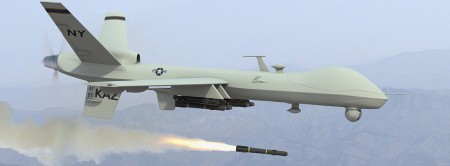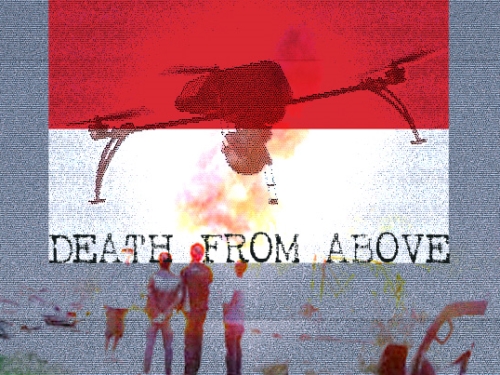
This article was originally published by IPI Global Observatory on 15 December 2016.
As 2016 comes to a close, the Global Observatory offers a list of notable books published throughout the year, recommended by staff of the International Peace Institute.
Arab Spring: Negotiating in the Shadows of the Intifadat, edited by I. William Zartman (University of Georgia Press)
Though the process is still very much still in progress, there has been no shortage of attempts to explain the origins, trace the trajectory, and draw out the conclusions of the Arab uprisings. However, the attempt by I. William Zartman in his edited volume Arab Spring: Negotiating in the Shadow of the Intifadat stands apart. This very prolific professor of international relations has over the decades—and through the pages of some 20 books—turned conflict resolution into an academic discipline in its own right. In the process, he has defined its parameters. Zartman is therefore uniquely equipped to place the tumultuous recent events of the Arab region in their proper historical and academic context. These were—and still are—a set of developments determined by a desire for change from an old to a new order and, therefore, at heart involved a negotiation of that transformation. It is through this lens that Zartman offers a conceptual framework for negotiating transitions, with a team of experts—most of them from the very countries where the events they describe took place—providing their insights. There is also a chapter on South Africa and another on Serbia, which serve as points of comparison. Recommended by Jose Vericat, Adviser.




